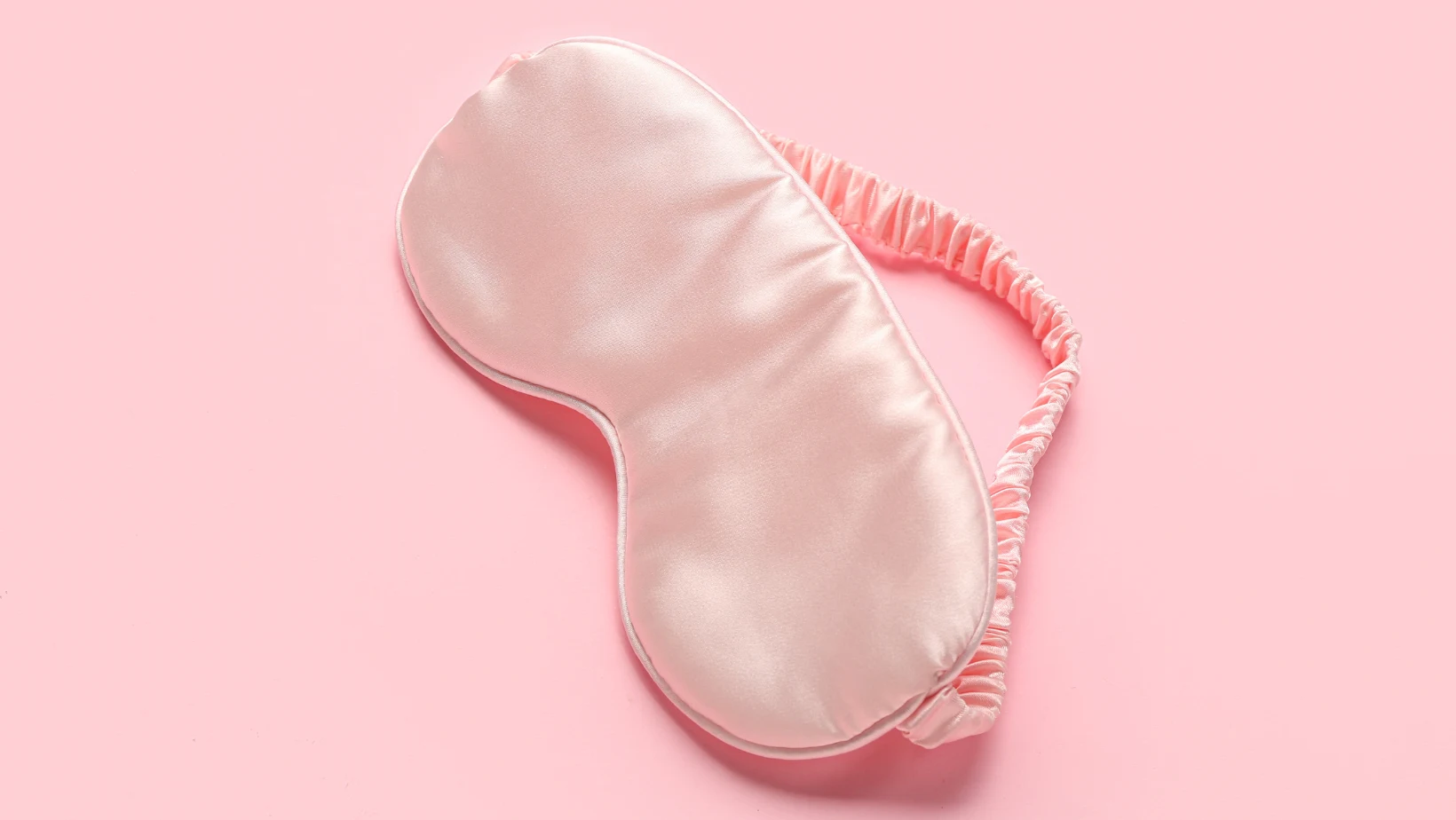Sleep orgasms 101

Chances are high that you’ve seen myriad movies depicting teenage boys having those infamous wet dreams of theirs. Chances are also pretty high that you know such a boy—or man—IRL. But are sleep orgasms only enjoyed by people with penises?
The answer, friends, is no.
As with all matters related to female pleasure, there is a marked lack of research. That being said, a 1986 study published in the Journal of Sex Research found that 37% of women have experienced sleep orgasms by the time they’re 45, and this rate increases with age. That’s 37% of women as opposed to 83% of men.
Yet because it's common for people to sleep through a sleep orgasm, and because penises tend to leave ejaculatory evidence more often than vaginas do, it's possible that many women simply don't remember it, which means the actual rate is likely higher. While women as young as 20 have them, it seems that women in their 40s and 50s are the most likely to experience these titillating nocturnal forays.
What, pray tell, is a sleep orgasm?
Although nocturnal orgasms AKA wet dreams AKA sleep orgasms are mostly associated with male puberty, occurring as the result of elevated testosterone levels, the reality is, they can happen to anyone.
It usually starts with a sexual dream during REM sleep, when your breathing and heart rate increase, which in turn leads to increased blood flow to the genitals. The increased blood flow makes your genitals hypersensitive to stimulation of any kind. In combination with the total relaxation of deep sleep, the ideal conditions are created for an actual physical orgasm to occur without external stimulation. It's worth noting that while there may be a sexy dream at play, there also might not be—or you may simply not remember the dream.

How to know if you’ve had a sleep orgasm
Along with the aforementioned gendered biases in research, the lack of obvious physical evidence of a wet dream also contributes to the idea that people with penises are more likely to have them. In other words, a boatload of semen makes a wet dream easier to recognize and believe in than some vaginal wetness might.
This being said, there are signs.
If you don’t sleep through it, you may wake up during a wet dream and come to the realization that you had one when you recognize the post-orgasmic state of your body—in other words, you may be out of breath, and buzzing all over. For some, orgasm may even occur as part of the dream itself, the intensity of which can wake the dreamer up. In these cases, it’s often pretty obvious what has just happened—because you remember that devilish doctor who had his hands all over you just a moment ago and because you feel like you just came.
Waking up with more-than-normal vaginal wetness is another clue. And of course, you may even ejaculate, in which case, you’ll notice that you’re laying in somewhat of a puddle. Even if you do sleep through the whole thing, you may wake up later and discover said puddle. Or you may begin to piece together your sex dream, one steamy moment at a time.
Sleep orgasms: what’s normal?
If you feel left out because you’ve never had a sleep orgasm (that you know of), or are wondering if something’s wrong with you because you have them all the time, know that “normal” is a very wide range indeed.
Sleep orgasms vary greatly from person to person. Some people don’t experience them at all, and others have them quite often, while still others might have them once or twice in their lifetime. Regardless of which camp you currently fall into, there’s definitely nothing wrong or abnormal about the situation.
Just in case there are any further questions or concerns among those who do have them:
- Having a sleep orgasm is not a sign of a sexual disorder or dysfunction.
- Having a sleep orgasm does not reflect a lack of intimacy with one’s partner.
- Sleep orgasms are caused by mental and physical changes that take place in the body—external physical stimulation is not involved.
Sleep orgasms may be easier to achieve than waking orgasms
In waking life, it’s not unusual to experience difficulty with orgasm, AKA anorgasmia. This can be the result of numerous factors, from chronic pain to mental health issues, sexual trauma, a bad relationship, bad sex, body image, sexual repression, and a whole lot more. The good news: many of these barriers may not affect you the same way when you’re asleep.
During sleep, your body and mind are relaxed and you’re not on high alert—in spite of yourself. The inhibitions you normally cling to are less likely to block your arousal. Not to mention, you may get turned on by things in your dream that you’re not even aware are turn-ons for you. The exciting news is that if you’re able to orgasm, you can rest assured that your body is physically capable of doing the same while you're awake. It may just be a matter of further exploring, experimenting, and opening up to your true desires.

Factors that increase the likelihood of a sleep orgasm
We humans are a psychologically complex and sexually diverse lot, and there are zero sure-and-fast formulas to follow that will guarantee a sleep orgasm. That being said, the chances of having one are higher if a) you have not had an orgasm for quite a while and b) you’re really tired. In such a state, it seems, our bodies and our psyches sometimes collaborate to gift us with much-needed pleasure.
The following factors may also help if you’re looking to ripen the circumstances:
Sleep on your stomach.
Sleeping on your stomach triggers more clitoral stimulation by creating more contact between your bed and your clit. This position is also associated with more frequently vivid and intense dreams. But, sleeping on the stomach is not for everyone—if it’s not comfortable for you, don’t do it. The last thing you want is to go in hoping for a sleep orgasm and wake up with nothing more than a crick in your neck to show for it.
Go to bed thinking about sex.
Try engaging in some sex-positive fantasizing before bed. You might even watch a little porn, or touch your nipples to increase arousal—touching your nipples triggers the genital sensory cortex and many people find it pleasurable. And, of course, resist explicitly masturbating, at least for the day (!) if you’re hoping to reach climax in your sleep that night.
Bottom line: sleep orgasms, like all orgasms, are 100% unique to the person having them. As long as you’re enjoying yourself and getting to know yourself, there’s really no right or wrong way to have one (or not have one).



